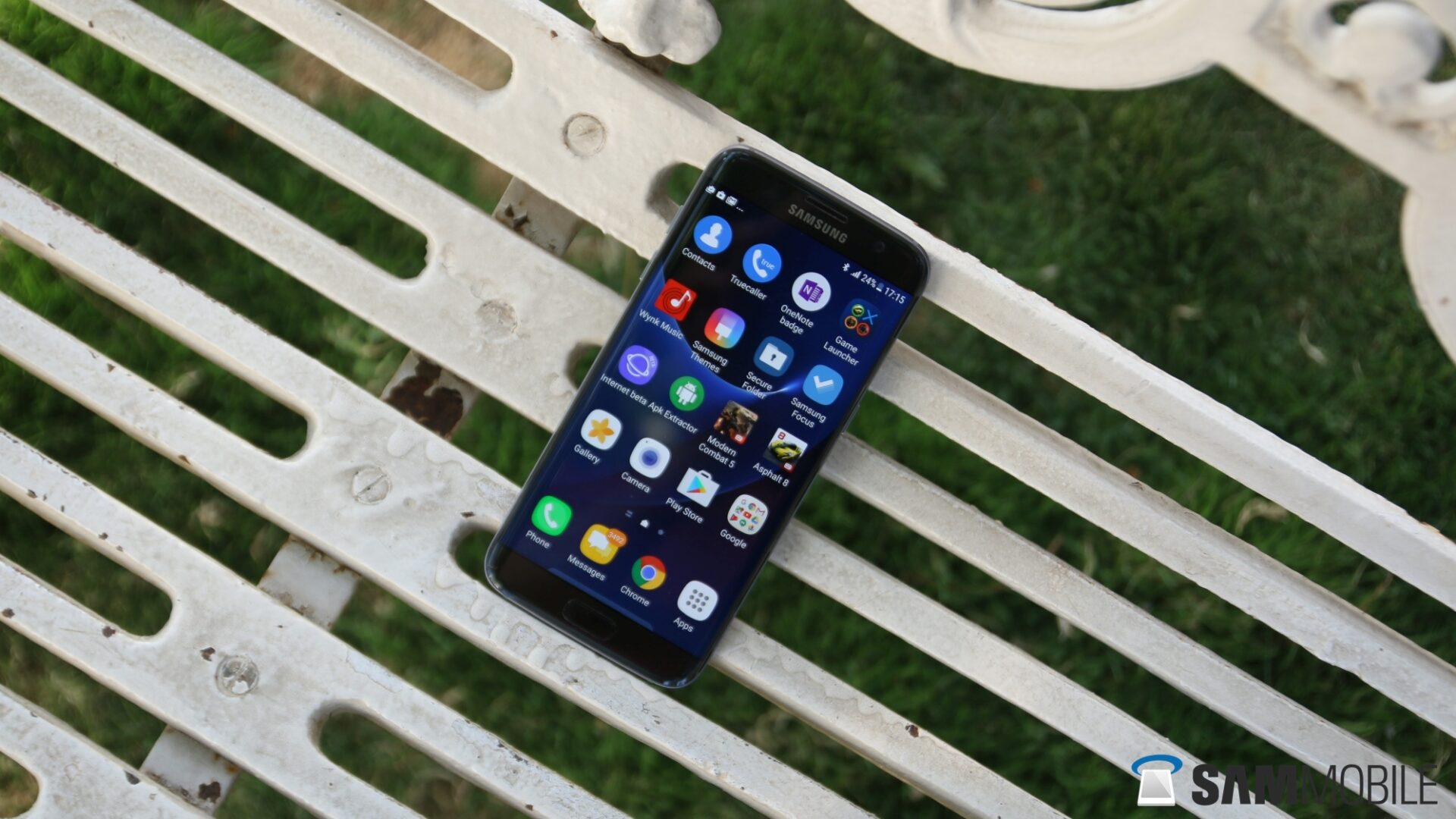Samsung often takes flak for not being quick with firmware updates. The manner in which these updates are rolled out leaves some of its customers infuriated as well, but the fact remains that Samsung is known to provide two years of major Android platform updates for flagship and mid-range handsets. Many Android OEMs promise to support their devices for two years as well but some just decide to end support after a year. That's often because they're facing difficulties in preparing the update for a specific device. You don't expect that to happen with a flagship device but that appears to be the case with the Huawei P9.
Those of you who follow developments in the smartphone industry will be well aware that China-based Huawei is one of the fastest growing smartphone vendors on the planet. It has a stated goal of catching up to Samsung and Apple so that it too can dominate the landscape. Huawei launched the Huawei P9, a flagship smartphone, in April 2016, merely a couple of months after Samsung unveiled the Galaxy S7 and Galaxy S7 edge in February that year. Samsung has already released Oreo for its 2016 flagship but Huawei has not and it may not.
Huawei backing out of software update promise?
Granted, Galaxy S7 owners had to wait for a considerable amount of time before they got Oreo and even had to put up with post-launch issues that Samsung took some time to resolve. Nevertheless, the update is now available in many markets. Huawei hadn't said at any point that it would not release Oreo for the Huawei P9 and P9 Plus. It even started beta testing Oreo for these handsets.
The latest reports based on claims from the company's support staff in the United Kingdom suggest that Huawei has decided to not release Oreo for the P9. It may be due to hardware limitations which are causing device freezing, increase in power consumption, and function failure. Some reports even claim that Huawei has also terminated the Oreo beta program for the device.
Nougat is the only major update that the Huawei P9 has received so far even though most of its rivals from 2016, including the Galaxy S7 and Galaxy S7 edge, have received two. It really doesn't inspire confidence in the brand if their devices which are presumably compatible with two future platform releases turn out to be incapable of that, and their flagship devices no less.
Huawei has had the Oreo update for this device in testing for a long time, so it's possible that the support staff might be mistaken. We've seen incorrect statements from Samsung's support reps about updates as well (especially in the UK), so that's entirely within the realm of possibility. However, if this is the case, it simply underlines the fact that the grass is not all that greener on the other side.
Samsung's not that bad at software updates
We see a lot of comments in which readers express their frustration at Samsung taking its sweet time to release updates. Many of them say that they will give up on the company and switch to another brand. It's pertinent to mention here that Samsung is perhaps the only major Android manufacturer to release a lot of devices every year in almost all markets, big and small, and the fact that it manages to update them all is impressive regardless of how much time it takes.
One can make the argument that it's Samsung's job to release updates for devices that it sells and that it's not doing anyone any favors for doing its job. But when seen in context to what others are doing, or rather being unable to do, Samsung's update policy suddenly doesn't seem so irksome.
Do you agree with this? We'd love to hear your thoughts in the comments below.

